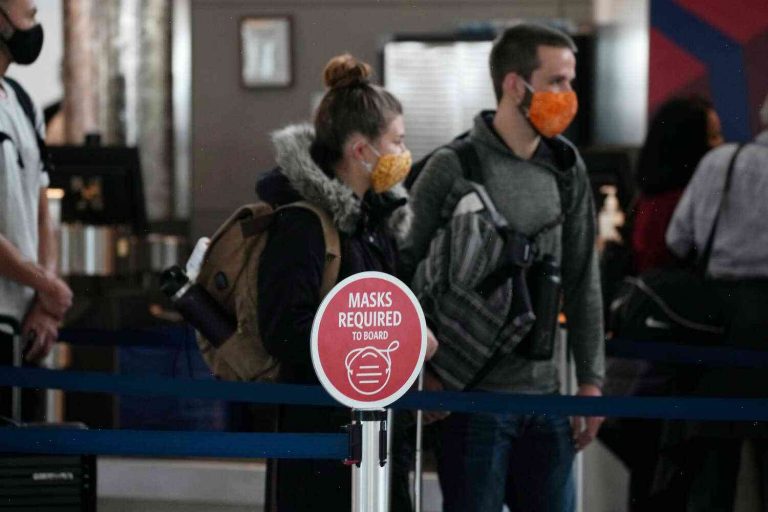Over 150 South African and UN workers will receive special travel permits and exemptions to travel back home
US officials have placed restrictions on travel to South Africa and several other countries under an executive order by President Donald Trump, according to government officials, who spoke on condition of anonymity on Thursday and Friday to outline the White House’s travel plan.
The ban is aimed at stopping so-called green card holders, citizens of countries with which the United States has established formal relations, from going to the United States or from re-entering it if the individuals have one of eight terrorism-related charges pending against them or are the subject of an alert or warning issued by US security agencies.
The restrictions come as part of broader vetting measures on travellers from seven Muslim-majority countries, including Eritrea, Iran, Libya, Somalia, Sudan, Syria and Yemen, which the Trump administration has said would help prevent terrorism.
“The US government has determined that there is a significant risk that aliens from Iran, Libya, Somalia, Sudan, Syria, and Yemen who, under US law, may remain in the United States pending final disposition of an application for a visa to enter the United States may be admitted only on a case-by-case basis, contingent upon the satisfactory completion of additional procedures,” according to an executive order issued on Thursday by the US Department of Homeland Security.
Previously, the Department of Homeland Security had made only general public statements on terrorism-related travel ban options, which reflected an executive order Trump signed in January. White House spokesman Sean Spicer would not comment on Friday on the order.
South African and UN workers not exempted
Agency officials say the executive order has been signed to protect the homeland and stop people who might have sympathies with the terrorist group Isis, which controls large parts of Syria and Iraq.
South African government sources said South African and UN workers would not be exempt from the travel ban.
Spicer on Friday called it “a temporary measure” aimed at screening people from countries with jihadist affiliations. The US State Department declined to comment on visa applications of UN officials. The Department of Justice said visa holders would still be able to visit the United States.
Nigerian activists criticise Trump’s travel ban Read more
Spicer said that individuals who present a terror threat would be removed from the list of countries subject to enhanced screening after extensive vetting and analyses.
On Friday, Nigerian Air Force, in response to a question on how many Nigerians would be affected by the travel ban, said: “This is an executive order issued by the United States of America. We do not have any details on this with regards to countries and a particular list.”
Several immigration rights activists expressed concern over the Trump travel ban, highlighting abuses against asylum seekers, refugee children and citizens of Somalia, as well as arbitrary detentions and deportations of people from Muslim-majority countries such as Sudan, Iraq and Iran.
Borders in flux
Donald Trump and his family have a family history in South Africa. Trump’s grandchildren, Ivanka, Donald Jr and Eric had all been registered to vote until a glitch with the state registration system prevented them from doing so until last Friday.
The travel ban’s travel restrictions are subject to 90-day bans on citizens of six countries and a 120-day ban on citizens of the other countries.
A State Department official told Reuters that the department was working with the Homeland Security to identify visa applicants from those countries affected by the travel ban.
South Africa, Eritrea, Somalia, Sudan, Tunisia and Yemen have had no visa requirements for US citizens.
“Everyone, including US citizens, will be subject to the non-immigrant visa regulations they receive in their respective countries. There will be no exceptions under the non-immigrant visa regulations. The application and visa process will be similar for US citizens and for those on the non-immigrant visa list,” said the official.
The State Department official said it was unclear if the new restrictions would disrupt the cross-border flow of goods and services as migrants do not apply for visas while on their way to the United States.
“I can’t speak to the impact the travel restrictions will have on trade and commercial traffic,” said the official.
